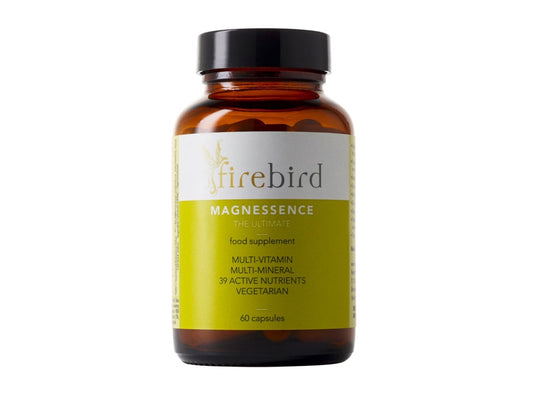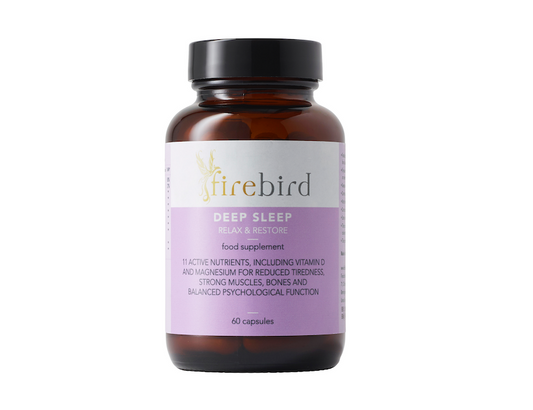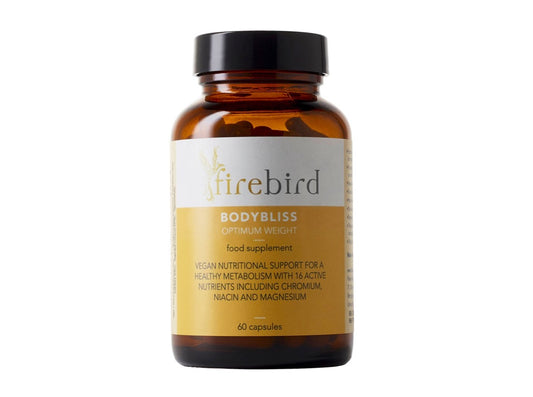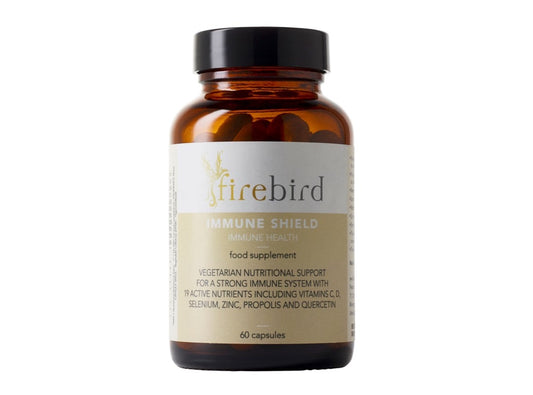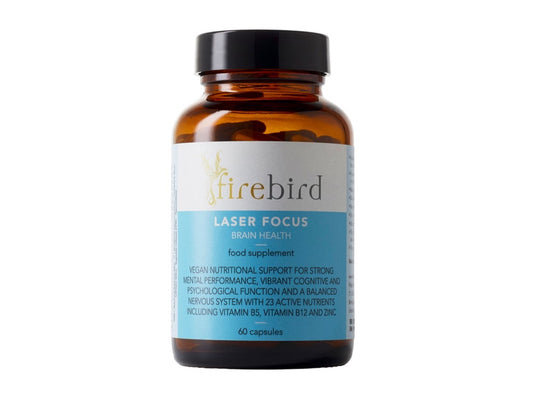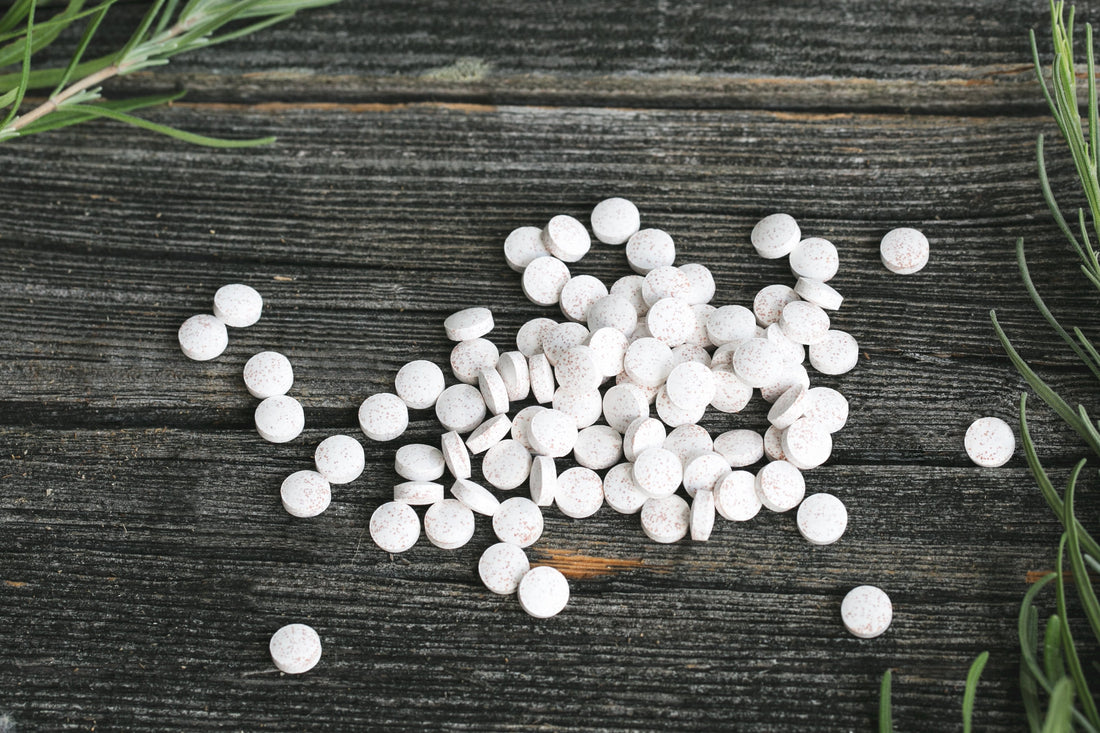
What toxic ingredients might be lurking in your supplements?
Supplements provide a convenient and effective way of integrating nutrients as long as they are easily absorbed and utilised by the body.
When choosing a supplement, you should always check the ingredients. Excessive quantities of any nutrient, whether fat-soluble or water-soluble, are undesirable and, if taken daily, can create a toxic load.
Once you have looked through the main ingredients, that is, the active nutrients listed in the nutritional information table, your next focus is to find out what else has been added. These extra ingredients necessary for manufacture and producing a stable product are called excipients. Different formats of supplements have different excipients. As these usually add no nutritional value, the fewer the number of excipients, the better.
Beeswax, sunflower lecithin and gelatin are the main excipients in softgel capsules. Beeswax is used to suspend the formula in the carrier oil, sunflower lecithin is used to emulsify the liquid and oil portions into one homogenous fill and the gelatin is used to make the shell. Thanks to gelatin’s composition, it can be sealed around the fill to provide an airtight container that keeps out oxygen and light and keeps the capsule filling active and stable without necessitating preservatives. This gelatin shell dissolves easily in the stomach and its contents, already emulsified, offer easy, gentle and maximum bioavailability without needing to be taken with food. The softgel excipients are minimal, natural and nutritionally valid.
Hard capsule and tablet formats require different excipients. These may include anti-caking agents, binders, fillers, acidulants, disintegrants, preservatives, flavours, colours, coatings and lubricants. While most of these ingredients are non-toxic, you may prefer to limit consumption of them.
As most manufacturers use standard sizing for tablets, once the active ingredients are added, the rest of the space left in the mould is filled with fillers. Some tablets can be made up of over 50% fillers. A common filler used is microcrystalline cellulose; it is derived from wood pulp and, as an inert, indigestible fibre, it passes through the digestive tract without causing damage.
However, you do not want to see aluminium silicate (talc) in the ingredients list of your supplement. Used as a lubricant mainly in tablets, it is thought to be a neuro-toxin that could contribute to the development of Alzheimer’s. It is also considered a carcinogen as it can be contaminated with asbestos.
Another tablet excipient to be avoided is the petroleum derivative, propylene glycol. It is used as a binder and known to potentially damage the kidneys, heart and nervous system. Although exposure in supplements and pharmaceuticals (usually in tablet format) is considered safe, its cumulative presence in terms of number of products consumed and frequency taken can be cause for concern.
Liquid or powdered supplements usually contain large amounts of sweetener. It is best to avoid anything containing aspartame, acesulfame potassium, sucralose or saccharin. Natural sweeteners, such as stevia, are preferable.
Another excipient that has received a lot of bad press is magnesium stearate and, its main component, stearic acid, a lubricant very commonly used in tablets and hard capsules to prevent them from sticking to machinery during the manufacturing process. Although this excipient has been deemed safe for use, many experts are warning that in high doses it could damage our intestines, thus preventing the absorption of nutrients, as well as suppressing the immune system.
Parabens are an obvious category to shun. They may appear in supplements as a preservative, but considering their link to breast cancer and hormone disruption, they are best avoided both in supplements and external personal care products.
Artificial colours labelled FD&C and derived from coal tar should also be avoided as they have been linked to various serious conditions, including hyperactivity in children, cancer, asthma and reduced fertility.
Sodium benzoate, a preservative and flow agent used in supplements, is known to form benzene, a known carcinogen, in the presence of ascorbic acid (vitamin C).
Fish oils and certainly fish liver oils are to be avoided as they can frequently contain carcinogenic contaminants such as dioxins, lead, mercury and PCBs.
So, in summary, check to see that the above ingredients are not in your supplement of choice.
MAGNESSENCE® and BODYBLISS® are free from all the toxic excipients listed above.
Learn more:
How to know which supplements to choose
Why is bioavailability important?
Supplements: Can you ever get too much of a good thing?
To supplement or not to supplement...

